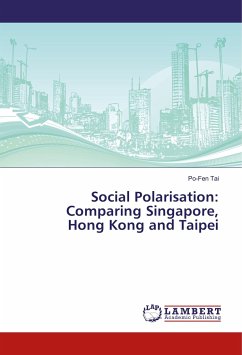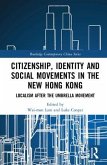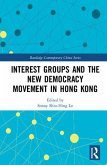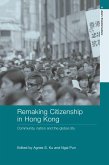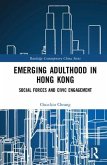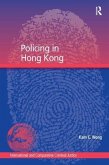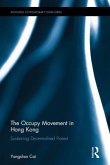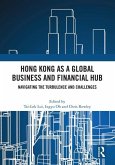Social polarization theory assumes that the world's major cities tend to divide into dual social strata. However, in the context of developmental states integrated into the Greater South China economic zone, an empirical study of three Asian cities challenges the social polarization hypothesis and suggests alternative forms of social transformation. Data on changes in employment, occupation, and household income in Singapore, Hong Kong, and Taipei show that urban regimes and social policies instigated by developmental states play a decisive role in the formation of social inequality and marginal urban populations.

